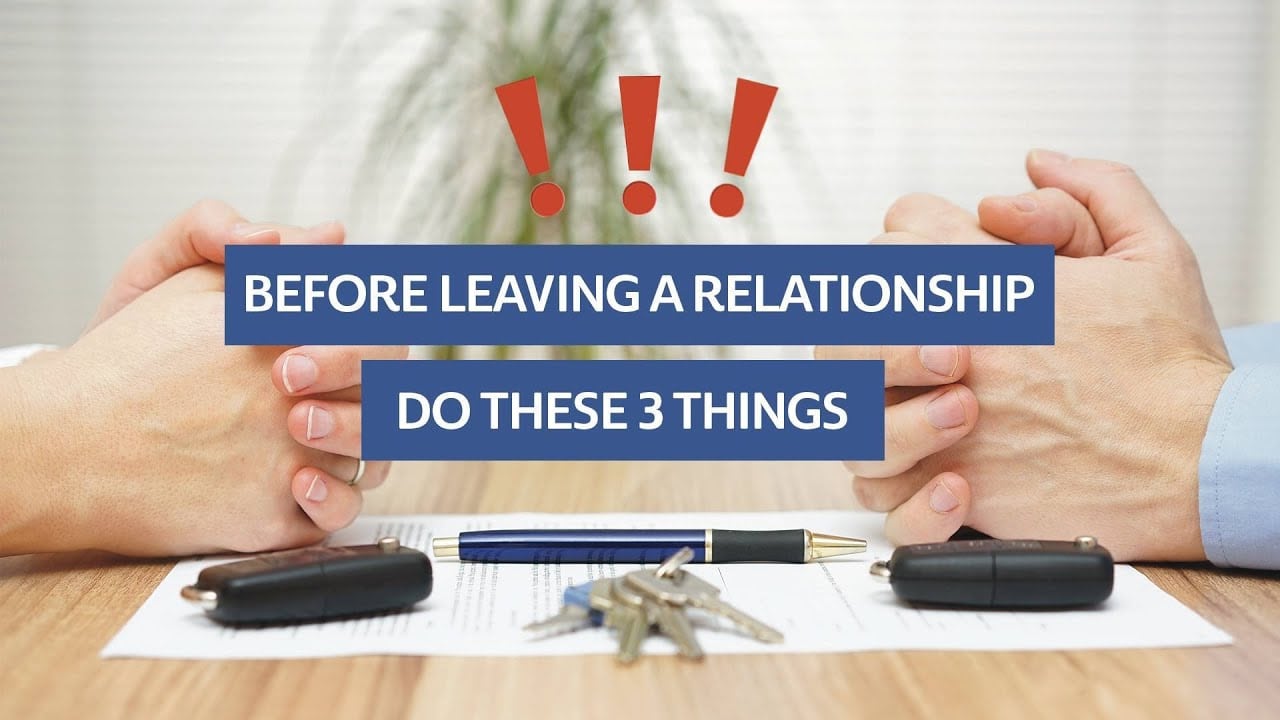-
When should I contact a Family Lawyer?
The sooner the better! We have people contact even us before they have separated for advice as to what they can do to start protecting assets in case it all goes pearshaped; or just to find out what they need to do. The sooner you get the advice you need, the sooner you can start getting on with what needs to be done to sort out your family law matters. We will discuss your situation with you and give you a checklist of things to think about and attend to in order to streamline the process as much as possible
-
I live in Innisfail – can you still assist me as my Family Lawyer?
Yes we can! We have a practice in Alice Springs in the Northern Territory as well, so we are well used to dealing with clients remotely. Also, since Covid, the court has adapted its processes so that much of what the court does is does electronically. For example, most early court appearances are conducted by Microsoft teams (which is a video platform) and documents are filed on an online portal. We can meet with you by video or by telephone but also, we do travel regularly to Innisfail.
-
What will it cost?
We charge according to what time we spend on a file. We have lots of ways of trying to reduce fees as much as possible. For example, by asking clients to fill in whatever paperwork they can with our assistance and having the client make necessary inquiries. We offer a free and without any obligation 15 minute appointment at which time, we will find out what you need assistance with, give you some options and give you our best estimate of fees at the early stage.
-
What if I want to move away from Innisfail with the kids?
You must talk to the other parent before making any move away from where the children usually live. A permanent move away from where the children usually live is called “a relocation”. If a parent relocates the children away from where they usually live, and that move seriously affects the other parent’s ability to spend time with the children, and if the move away is without that parent’s consent then that parent can make an application to the court called a “recovery application”. A recovery application asks the court to return the children (not the parent) back to where they were taken from. The court will look at whether the relocation was done ‘unilaterally’ (without the other parent’s consent) and if it is, the court will seriously consider returning the children back.
You should contact the other parent either yourself or through your lawyer to ask them if they would consider allowing you and the children to relocate from Innisfail and set out your reasons why. It might depend where you are seeking to relocate to, for example, if it is Cairns, there may still be a way to ensure that the children can maintain their relationship with the other parent. If the other parent doesn’t agree, your next step is to invite them to attend a mediation with you.
It is not advisable to re-locate without the other parent’s consent. You would be better off making an application to the court for permission to relocate. Just remember that an application to the court requires you to have had an attempt at mediation and there are now requirements that you put the other person on notice about your intention to make an application to the court.
-
What can I do myself, and should I try to do without legal assistance?
There is a lot you can do yourself in preparation for seeing a lawyer, and along the way. For example, you can prepare a bundle of documents; you can assist with preparation of court documents; you can assist with the drafting of letters, you can assist with writing out your version of events. Everything you do yourself will save you legal fees as our time is your money.
We consider your money is best spent receiving legal advice so that you are on the right track and not making costly mistakes.
Many of our clients come to us as a DIY service. They are self represented, and appear for themselves in court, and they prepare their paperwork. We ensure that it is correct and give assistance in relation to appearing in court.
-
What if my former partner and I have reached agreement about our kids?
That’s great if you’ve been able to reach agreement. You have three options. The first is to just have a verbal agreement between yourselves. The second option is to convert your agreement into writing and sign it, which is called a parenting plan. The final option is to convert your agreement into proposed orders which are filed in the court. This process is called an application for consent orders.
Don’t be put off by mention of ‘court’. Parents do not have to attend court. The application is filed with the court but a registrar of the court will considers the orders the parents want the court to make in ‘chambers’ ( not in open court) and if the registrar is happy with those orders he or she will make them as final court orders.
Court orders are binding and enforcable. A parenting plan is not. A parenting plan is really only evidence of what the parents agreed they would do. A verbal agreement is the least desirable option as many problems arise because of misunderstandings in relation to what was actually agreed.
It is quite a simple process to put in place an application for consent orders and we can assist you. You can assist us by preparing much of the document yourself which will save you fees.
-
What if my former partner and I have reached agreement about our property?
If you have reached agreement about a division of property it is always advisable to convert that agreement into either, an application for consent orders or financial agreement. A financial agreement is a very specific document that must be properly prepared and requires that both people are separately legally represented. Whereas, a consent order application, is something that you and your former partner can do yourself without needing a lawyer. Having said that, there are some parts of the application that clients do find difficult and it is always advisable to receive some legal advice to make sure the document is filled in correctly and that you are seeking the most appropriate orders from the court, for your situation.
The other reason you should have consent orders in place is if you are planning to transfer the title in property. For example, if your agreement is that the title of your jointly owned property will transfer into the sole name of one of you, then if this is not done pursuant to a court order, then you will pay stamp duty on the transfer. Whereas a court order that says the title in property will be transferred gives you an exemption from stamp duty.
We work with clients to have them prepare as much of the application as they can with some guidance from us and we will then finalise it. This insures a reduction in legal fees.





















